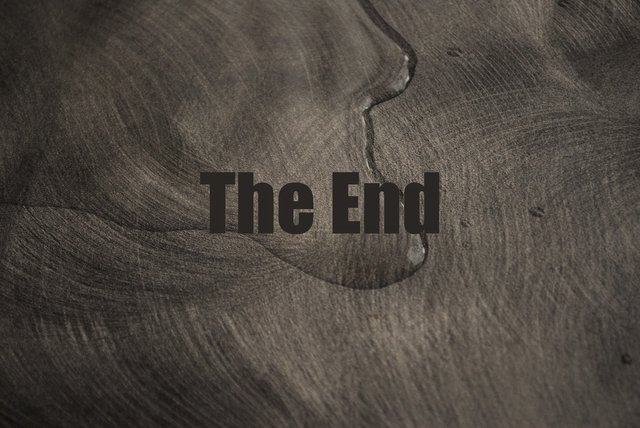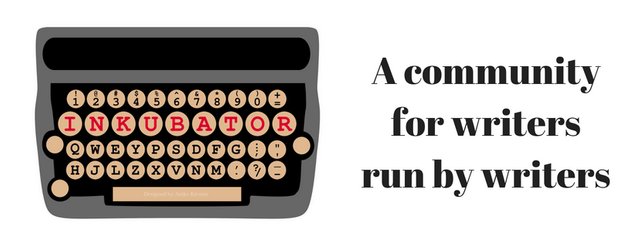
Miriam lay in a puddle of cold urine. The pain disappeared in numbness. A sound at the door roused her and she moaned.
John knelt beside her, taking her hand. "Help's coming."
She gathered her last strength. "All... your... fault." She let go.
John's words were faint. "I forgive you."
This is my story for this week's fifty word story prompt. Thank you @Jayna for these prompts.
I don't know if anyone recognized Miriam. She appeared previously in All Out. I think my friends from INKubator are influencing me on that point, since several of them return to the same characters.
However, I think it is essential that stories like these function independently without relying on the reader having seen the other stories. I'd like to think this one works alone. It's supposed to. But when you put it together with All Out there is another layer to it. That's okay. It builds. But it has its own transitional moment.
This importance of things working stand-alone is even more important when you talk about books. I hate when I get a book but I can't enjoy it because I spend all my time feeling left out of the story because I've not read others in the series. Even worse is running out of pages without feeling like I've gotten a complete story. As a reader, I feel gypped when that happens, even if I've gotten the book for free. Even if part of a series or trilogy, each book ought to function on its own and you ought to be able to pick them up and feel like you can engage fully in the story.
Personally cliffhanger endings and partial stories cause a huge knock in the ratings, even if I liked the book otherwise. I also cut back for hook endings--endings where the story dangles and feels like its purpose is to make me buy the next book. I don't. A story has to be really good for me to see past that and want the next book and I'll often blacklist authors who end on a cliffhanger.
I'm not alone in feeling like this either. My negative reviews routinely get far more helpful votes and likes than my positive ones and I often get supporting comments. And when I'm looking for new books to read, this is something I check. If there are reviews saying the story is incomplete or ends in a cliffhanger, I just skip it.

Posted from my blog with SteemPress : http://www.rjeanbell.com/2018/08/18/the-end-microfiction/
I agree. Stories should stand on their own. You described the reason it's so frustrating very well. And yes, in terms of books, it does feel like a ploy to buy the next one.
This story does stand alone nicely. It leaves a lot of open questions, but in 50-word stories, that is quite often the case. There is something really interesting and sad going on here. We may not not fully grasp what it is, but we do see the complexity of the relationships, the fact that a life is ending, and that the person who is leaving this earth believes the other person to be at fault.
Downvoting a post can decrease pending rewards and make it less visible. Common reasons:
Submit
Guilt can be worse than a flesh-eating bacteria. At least the latter can be killed with antibiotics, the former requires exorcism. It is unusual to find ways to just let go of guilt, even in cases as extreme as John's.
I found reading the previous story helpful. It was really good, both were.
Downvoting a post can decrease pending rewards and make it less visible. Common reasons:
Submit